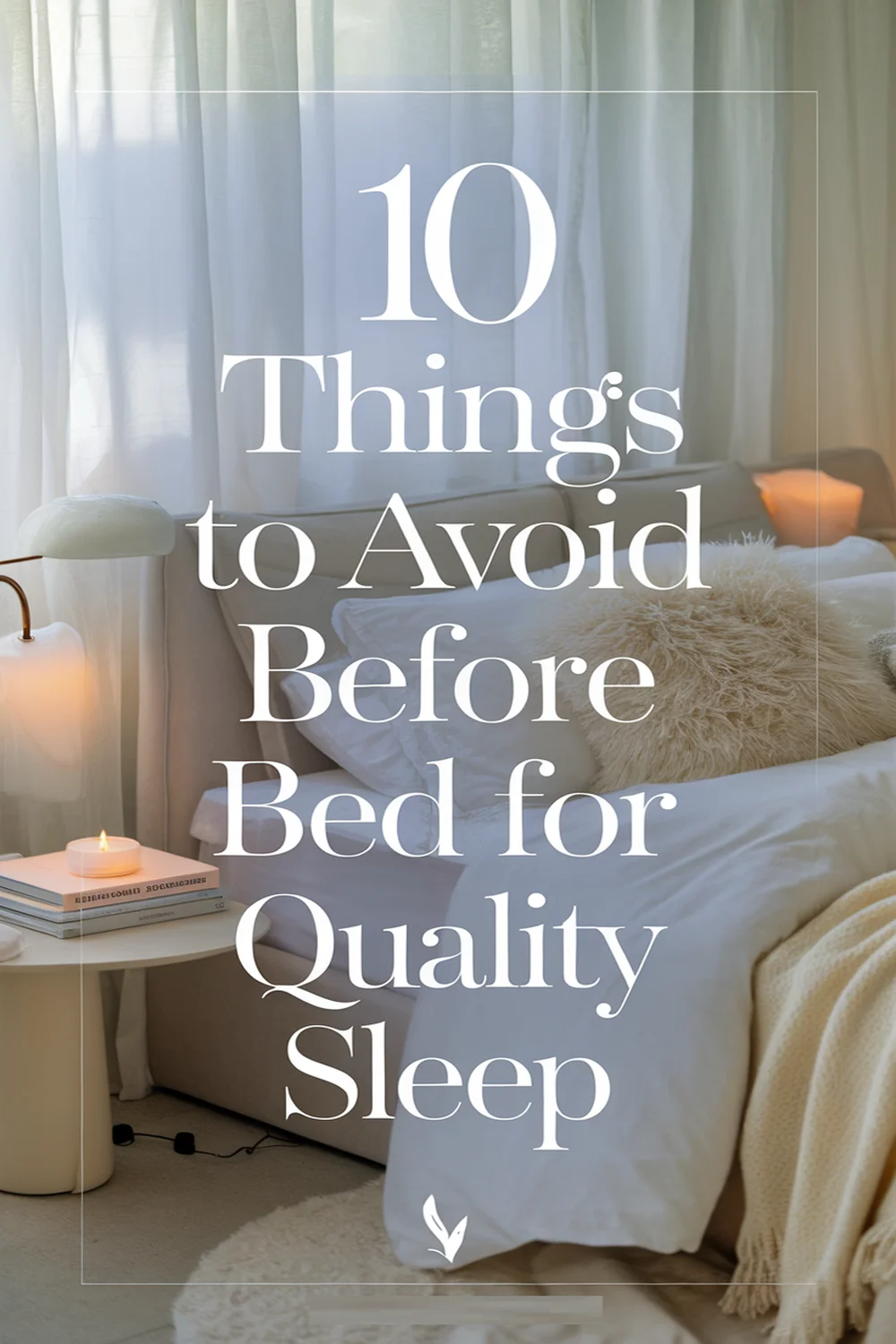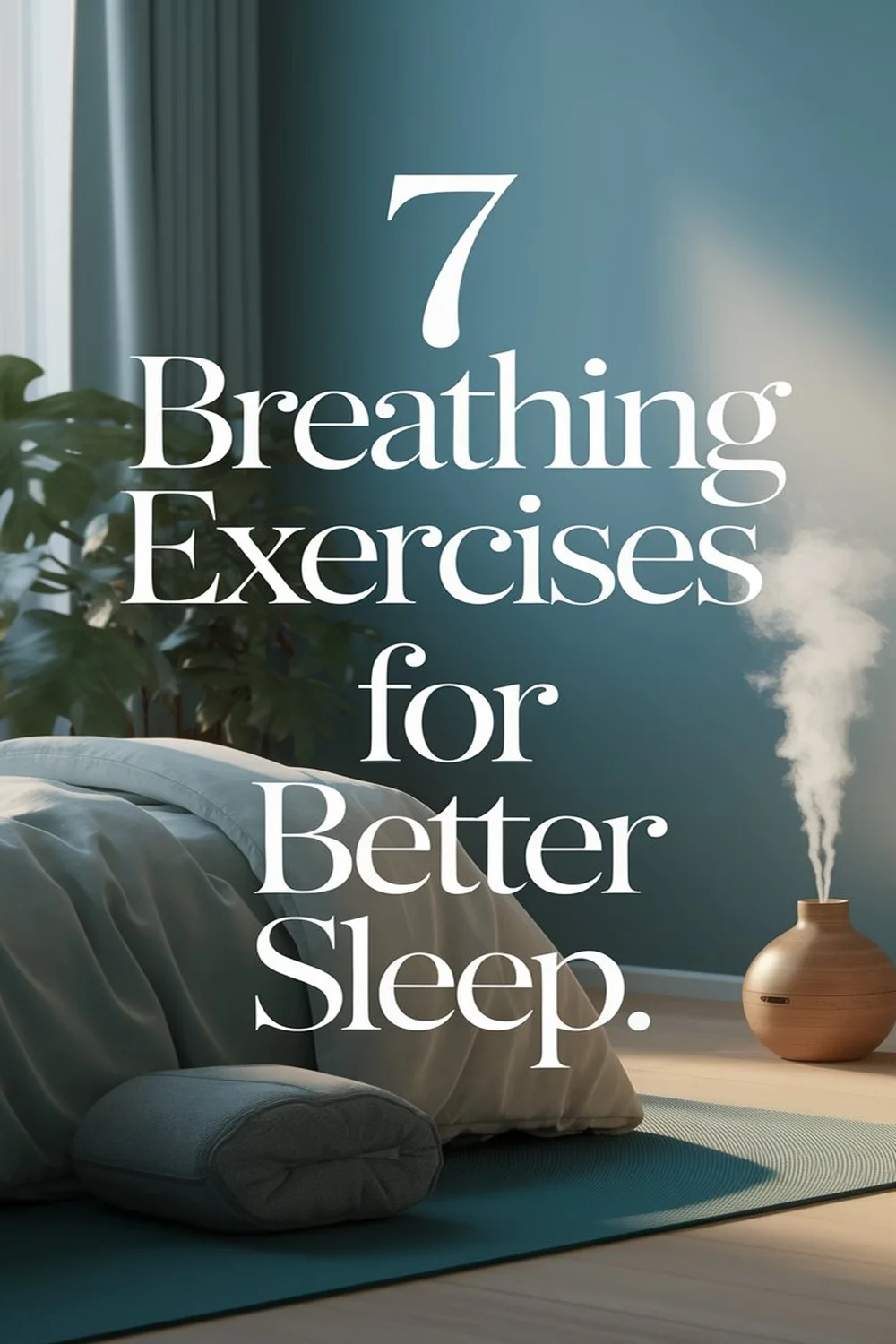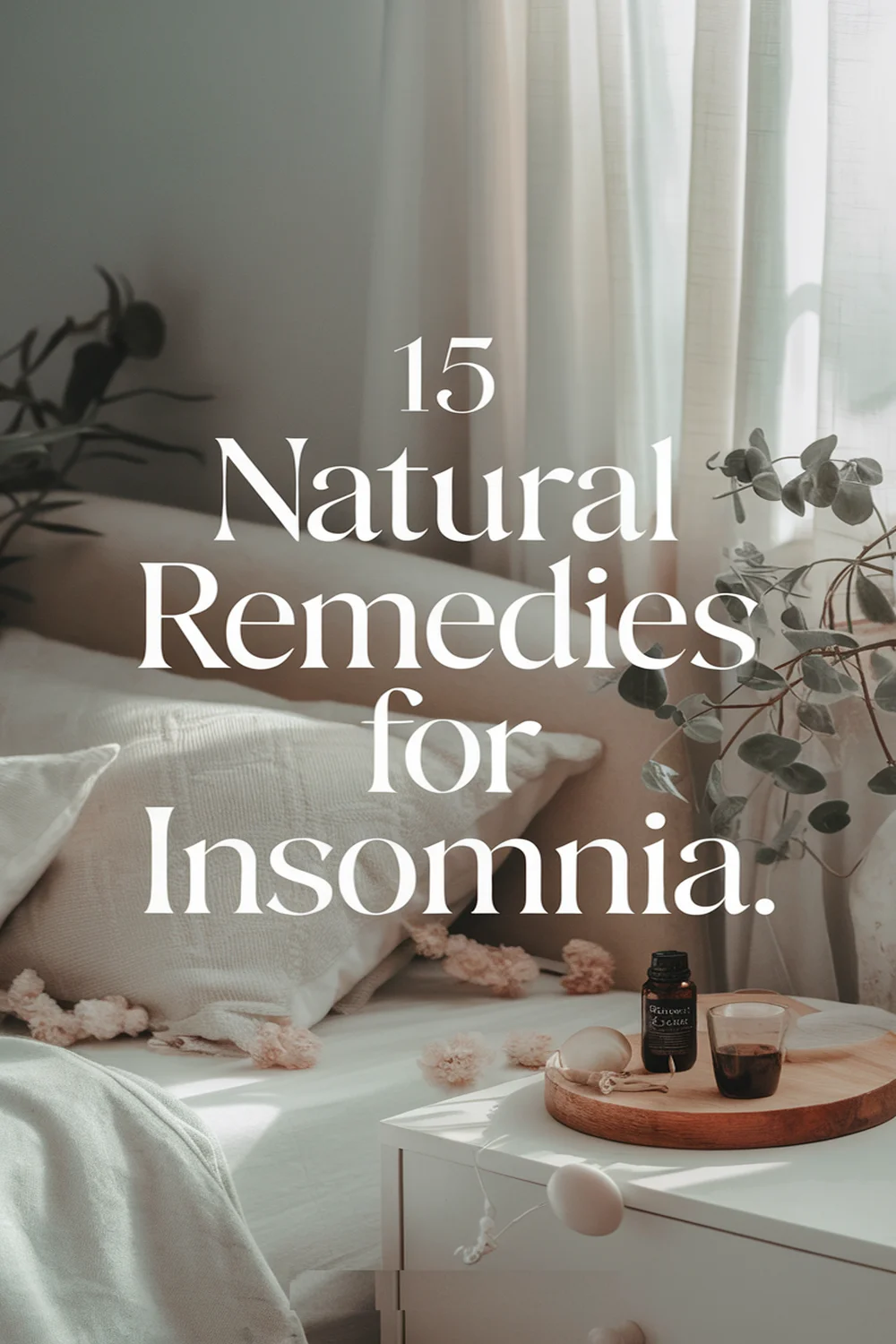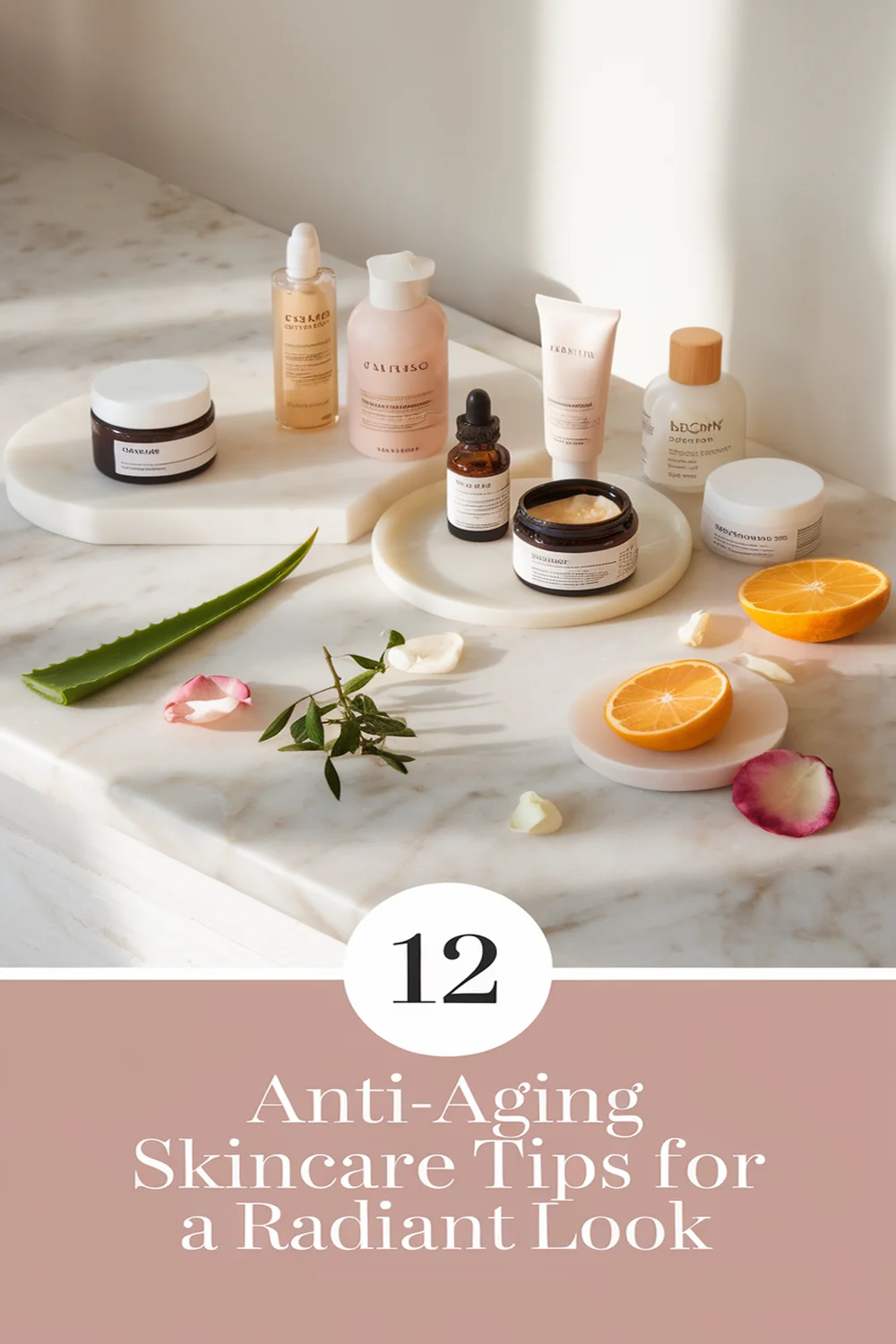To guarantee quality sleep, avoid using electronic devices that emit blue light, consuming caffeine or heavy meals, and engaging in intense exercise before bed. Refrain from drinking alcohol or smoking, as these disrupt sleep cycles. Additionally, steer clear of long naps and overly bright lighting that interfere with melatonin production. Skipping a calming bedtime routine can also hinder your ability to fall asleep. Discover additional strategies to enhance your sleep experience and promote restful nights.
Using Electronic Devices
While you may find it tempting to scroll through your phone or binge-watch your favorite series before bed, using electronic devices can considerably disrupt your sleep quality. The blue light emitted by screens interferes with your body’s natural production of melatonin, the hormone responsible for regulating sleep. This can make it harder for you to fall asleep and stay asleep through the night. Additionally, engaging with stimulating content can keep your mind active when it should be winding down. Instead of scrolling through social media or watching shows, consider reading a book or practicing relaxation techniques. Prioritizing screen-free time before bed can greatly enhance your sleep experience, helping you feel more refreshed and rejuvenated each morning.
Recommended Items
Discover our top picks for health and wellness essentials to enhance your nighttime routine!
Products
Consuming Caffeine
Many people don’t realize how consuming caffeine in the evening can greatly impact their sleep quality. If you enjoy a cup of coffee or tea after dinner, you might find it hard to wind down when bedtime approaches. Caffeine is a stimulant that can stay in your system for several hours, keeping you alert when you want to relax. This can lead to difficulties falling asleep or disrupted sleep patterns throughout the night. Even if you think you’ve built up a tolerance, it can still interfere with your rest. For a better night’s sleep, consider limiting caffeine intake in the afternoon and evening. Opt for herbal teas or warm milk instead, so you can truly unwind and recharge for the next day.
Eating Heavy Meals
Eating heavy meals close to bedtime can considerably disrupt your ability to fall asleep and enjoy a restful night. When you consume large portions or rich foods right before sleeping, your body works hard to digest, which keeps you awake. This process can lead to discomfort, heartburn, or indigestion, making it hard for you to relax. You might find yourself tossing and turning instead of drifting off peacefully. To promote better sleep, consider eating lighter dinners at least two to three hours before bedtime. Opt for easily digestible options such as vegetables, lean proteins, or whole grains. By making these small adjustments, you’ll create a more conducive environment for restorative sleep, helping you feel more refreshed in the morning.
Engaging in Intense Exercise
Engaging in intense exercise before bed can considerably hinder your ability to wind down and achieve quality sleep. Elevated heart rates and adrenaline rushes make it challenging for your body to shift into a restful state. To help you understand the impact, here’s a quick comparison:
| Activity | Timing | Sleep Impact |
|---|---|---|
| Intense Workout | 1-2 hours before bed | Increases alertness |
| Light Stretching | 30 minutes before | Promotes relaxation |
| Moderate Cardio | 2-3 hours before | Slightly elevates heart rate, but manageable |
| Resting or Meditating | Anytime before bed | Enhances sleep readiness |
Consider swapping intense workouts for lighter activities in the evening to boost your chances of restful sleep, allowing you to recover better for the next day.
Drinking Alcohol
When it comes to winding down for sleep, drinking alcohol can be deceptively counterproductive. While it might seem like a good way to relax, alcohol interrupts your sleep cycle, reducing the time spent in restorative REM sleep. This disruption can leave you feeling groggy and unfocused the next day. You may fall asleep faster, but the quality of your sleep can noticeably decrease. Alcohol also contributes to nighttime awakenings and can intensify snoring or sleep apnea symptoms. Instead of reaching for that glass of wine, consider healthier alternatives like herbal tea or water. Prioritizing quality sleep is essential for your overall well-being, so it’s best to avoid alcohol in the hours leading up to bedtime.
Action Steps for Quality Sleep
Stressing Over Tomorrow’s Tasks
While it’s natural to think about tomorrow’s tasks as you prepare for bed, stressing over them can greatly hinder your ability to get quality sleep. This anxiety often spirals, making it hard to relax. To combat this, try these strategies:
- Write a to-do list to offload your thoughts onto paper.
- Set a time limit for planning various tasks to avoid prolonged worry.
- Practice deep breathing to calm your mind and body.
- Establish a wind-down routine that signals it’s time for rest.
- Visualize positive outcomes to shift focus from stress to success.
Smoking or Using Nicotine Products
Anxiety about tomorrow’s tasks can keep you awake, but smoking or using nicotine products poses an even greater barrier to quality sleep. Nicotine is a stimulant that can disrupt your sleep cycle, making peaceful rest hard to attain. When you smoke close to bedtime, it heightens your heart rate and blood pressure, both of which can strain your ability to fall asleep.
| Effects of Nicotine | Impact on Sleep Quality | Tips for Better Sleep |
|---|---|---|
| Increased alertness | Difficulty falling asleep | Avoid nicotine at least 4 hours before bedtime |
| Disrupted REM sleep | Frequent awakenings | Seek help for quitting |
| Increased anxiety | Reduced overall sleep | Explore non-nicotine alternatives |
Choosing to avoid nicotine can greatly enhance your sleep quality.
Taking Long Naps
Even if you feel tired during the day, taking long naps can actually hinder your ability to sleep well at night. While it’s tempting to catch up on sleep, extended naps may affect your nighttime rest. Instead, consider these tips to optimize your overall sleep quality:
- Limit naps to 20-30 minutes.
- Schedule naps earlier in the day, ideally before 3 PM.
- Create a calming nap environment to refresh your mind.
- Listen to your body; if you feel alert, skip the nap.
- Combine short naps with a consistent nighttime routine.
Overly Bright or Artificial Lighting
If you’re exposed to overly bright or artificial lighting in the hours leading up to bedtime, it can greatly disrupt your ability to wind down for sleep. Your body’s natural production of melatonin, the hormone that regulates sleep, can be affected by blue light emitted from screens and bright lighting in your environment. To promote better sleep, try to dim the lights in your home as bedtime approaches. Use warm, low-intensity bulbs and limit screen time from devices like phones or computers. Instead, opt for relaxing activities, like reading a book or listening to calming music, in softer lighting. By creating a dimly lit environment, you’ll signal to your body that it’s time to rest, making it easier to fall asleep.
Skipping a Bedtime Routine
Creating a calming environment with dim lighting sets the stage for a good night’s sleep, but it’s equally important to establish a consistent bedtime routine. Skipping this vital step can lead to a restless night and leave you feeling groggy the next day. A structured routine signals your brain that it’s time to wind down.
Try incorporating these elements into your nighttime ritual:
- Reading a book in soft light
- Practicing mindfulness or meditation
- Gentle stretching or yoga
- Enjoying a warm cup of herbal tea
- Setting aside electronics at least 30 minutes before bed










